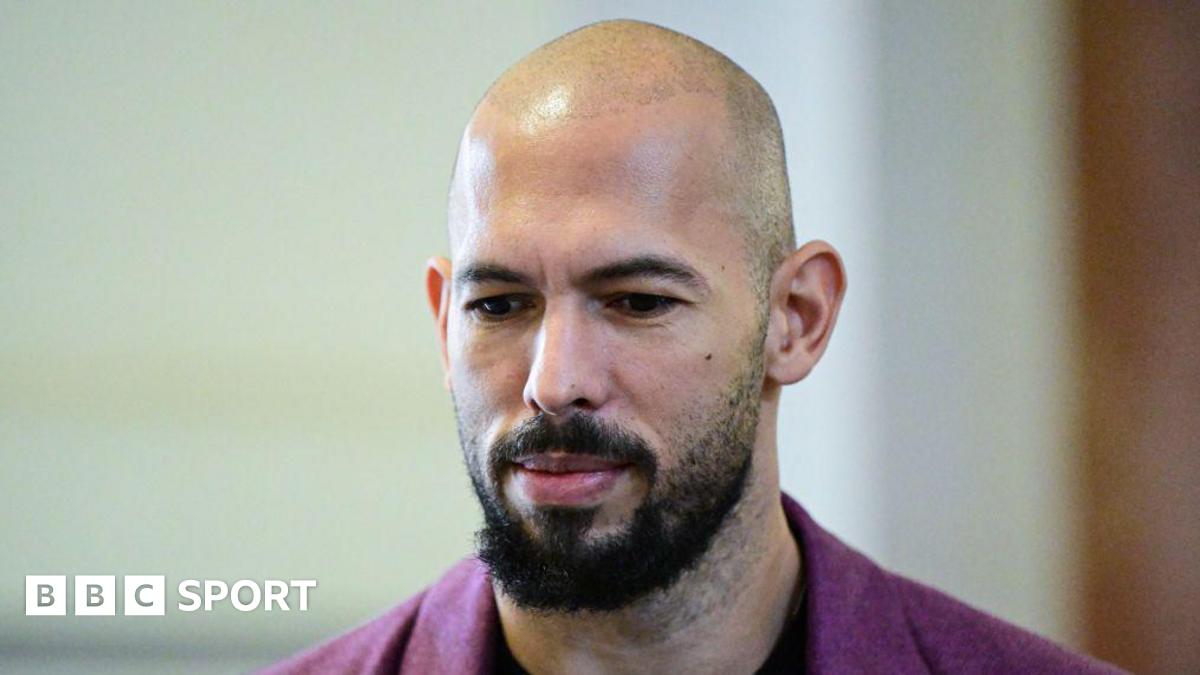How to help Gen Z thrive in the age of AI

When I entered the workforce, we sent documents by fax. Everyone had a landline. If you needed to do research, you went to the library—with actual books.
Today, many of my younger colleagues would be unfamiliar with these relics of office life. Gen Z, the newest generation in the workforce, grew up with smartphones in their hands. They’re accustomed to instant information, digital communication, and a world shaped by remote work, flexibility, and purpose-driven careers. Meaningful diversity isn’t just an aspiration for them; it’s an expectation.
But Gen Z is also anxious. Studies show they’re more pessimistic about their futures than any other generation. The rise of AI only heightens that anxiety, especially as automated tools increasingly take over entry-level tasks like research, scheduling, and document review.
The onus is on leaders to bridge the gap between the strengths Gen Z brings and the foundational skills they need to build. Here are a few strategies for harnessing Gen Z’s digital expertise while supporting their long-term career growth.
Let them lead digital initiatives
At my company, we promote an automation-first mindset. Employees are encouraged to carve out time to discover new tools and integrate them into their workflows. While optimizing systems might seem like a management responsibility, there’s no reason to exclude young employees from this process. In fact, they’re ideal candidates to evaluate and experiment with emerging tech tools.
For starters, they’re digital natives. Some studies suggest Gen Z employees are up to 43% more productive when using collaborative digital tools compared to more traditional communication forms like email. Even more compelling: giving entry-level employees access to AI tools yields a higher return on investment. Research from the MIT Sloan School of Management found that new and lower-skilled workers see the biggest productivity gains from working with AI.
This approach doesn’t just build future-ready skills—it lifts performance across the organization.
Invite them to shape your brand story
Gen Z employees are natural content creators. For better or worse, many of them move through the world already thinking in grids, captions, and potential for virality. Professionally, they tend to see themselves less as loyal to a single company and more as evolving personal brands.
That instinctive sense of branding can be a major asset for companies, especially when it comes to creating engaging content. This is the generation that reimagined the résumé as a short-form video. And in many cases, that makes perfect sense. Wouldn’t a viral TikTok showcase your skills as a social media manager better than a bulleted list of job experiences?
Companies should be tapping into this native fluency and involving Gen Z employees in content creation, not as an afterthought, but as first-line collaborators. At my company, newer employees are deeply involved in the brainstorming process for social media initiatives. Even if senior team members shape the execution, some of our most successful campaigns have started with their ideas.
Make mentorship a two-way street
While AI and automation are eliminating much of the busywork from entry-level roles, they can’t replace the value of human mentorship, especially when it comes to developing soft skills. In an increasingly remote, digital-first work environment, those informal mentor relationships are at risk of fading. It’s up to leaders to ensure they don’t.
These relationships don’t have to be one-way. Peer mentorship can be a two-way dialogue that benefits both parties. More experienced employees can offer guidance on communication, conflict resolution, and navigating workplace dynamics—skills that aren’t easily taught online. For example, how do you approach a colleague about a recurring conflict without harming your work relationship? Anyone who’s worked in a team long enough knows: things run more smoothly when personal tensions are low.
At the same time, Gen Z workers can bring their older colleagues up to speed on emerging tools, platforms, and digital shortcuts. These symbiotic teaching relationships are especially important in the age of AI: executives estimate that up to 40% of their workforce will need to be reskilled over the next three years—and not just Gen Z.
In the end, fostering a culture of shared learning across roles and generations benefits the growth and future-readiness of individuals and teams alike.
What's Your Reaction?
 Like
0
Like
0
 Dislike
0
Dislike
0
 Love
0
Love
0
 Funny
0
Funny
0
 Angry
0
Angry
0
 Sad
0
Sad
0
 Wow
0
Wow
0



















































![Øyunn finds "New Life" in latest single [Music Video]](https://earmilk.com/wp-content/uploads/2025/08/oyunn-800x379.png)











































